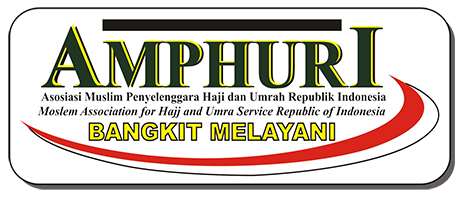NURTURING SELF-CONTROL THROUGH SPIRITUAL JOURNEY: ANALYSIS OF ISLAMIC EDUCATIONAL PHILOSOPHY IN THE HAJJ
DOI:
https://doi.org/10.32332/multazam.v3i2.8122Keywords:
Self Control, Spiritual Journey, Hajj, Islamic Educational PhilosophyAbstract
This research aims to analyze how the spiritual journey, especially in the context of the hajj pilgrimage, can be an effective means of nurturing self-contol based on the Islamic philosophy of education. The research method used is library research, with data collection techniques in the form of documentation and content analysis. The findings of this study indicate that the hajj ritual, as a spiritual journey, provides profound experiences that can shape one's character and strengthen self-control. The study found evidence that Islamic educational concepts, such as purification of souls, mujahadah al-nafs, and riyadhah, are deeply implemented in the practice of Hajj. In conclusion, this research contributes to the understanding of the relationship between spiritual journeys and self-restraint in an Islamic context. The implications of these findings can be used as a foundation for developing more holistic educational programs, integrating spiritual and moral aspects in an effort to create the insan kamil.











